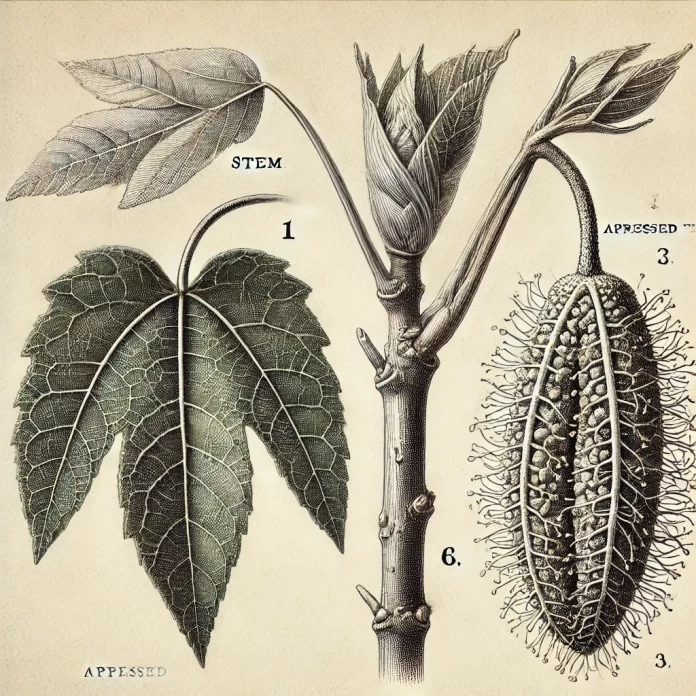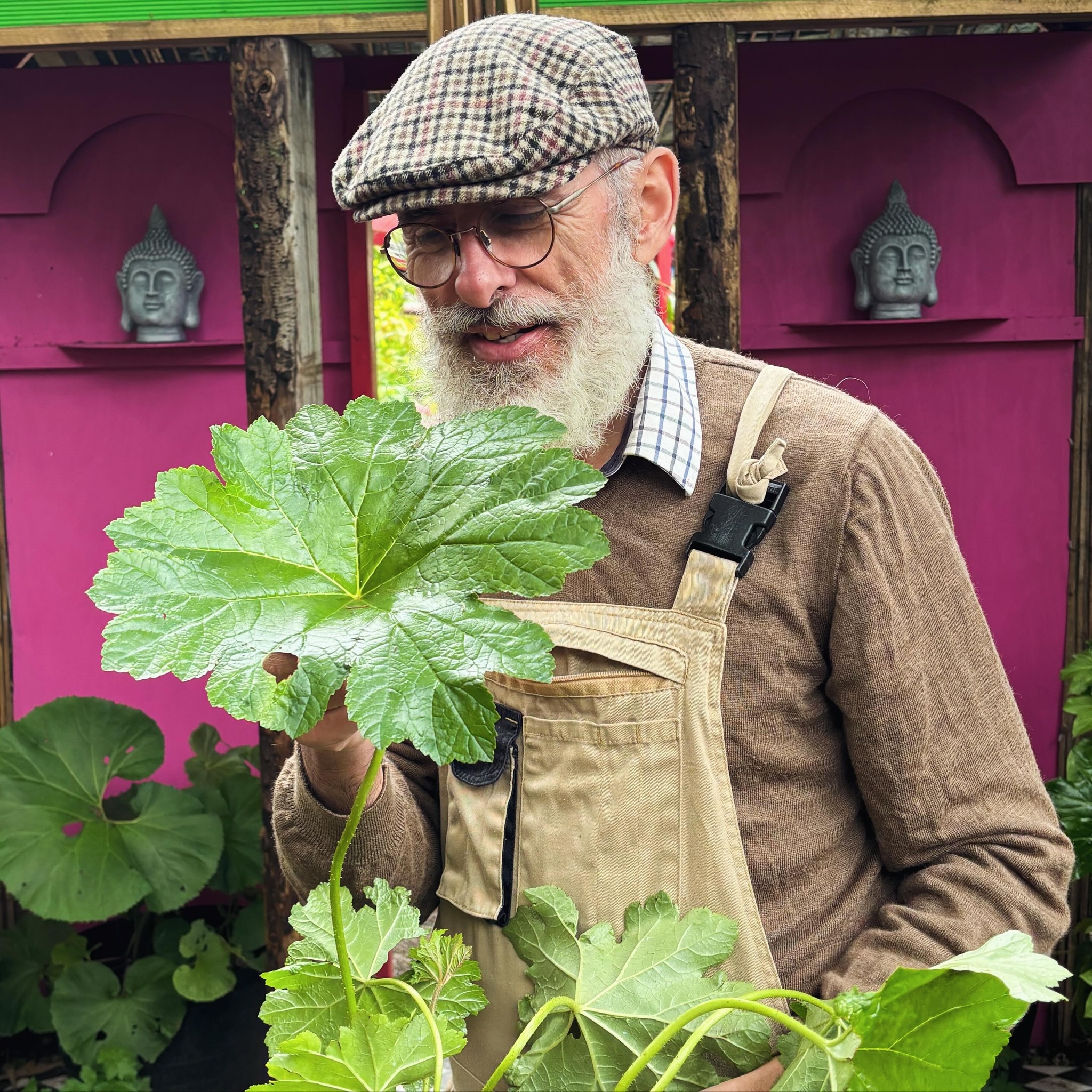Appressed (adj.)
In botanical terminology, appressed describes plant structures—such as leaves, hairs (trichomes), or scales—that lie flat against the surface of another organ, rather than standing out or spreading away. This characteristic can be an adaptation to reduce water loss, protect against herbivory, or optimize light capture.
Examples in Botany:
- Leaves: In some plants, appressed leaves closely hug the stem, often as an adaptation to dry or windy environments.
- Trichomes: Appressed hairs may form a dense, protective covering on leaves or stems, reducing water loss by trapping moisture.
- Buds and Scales: In many woody plants, appressed bud scales help shield delicate meristematic tissue from harsh weather.
Etymology:
Derived from the Latin appressus, meaning “pressed against,” reflecting the characteristic flattened positioning of these structures.
This trait is commonly observed in species adapted to xeric (dry) conditions, epiphytic habitats, or environments with strong air currents.




